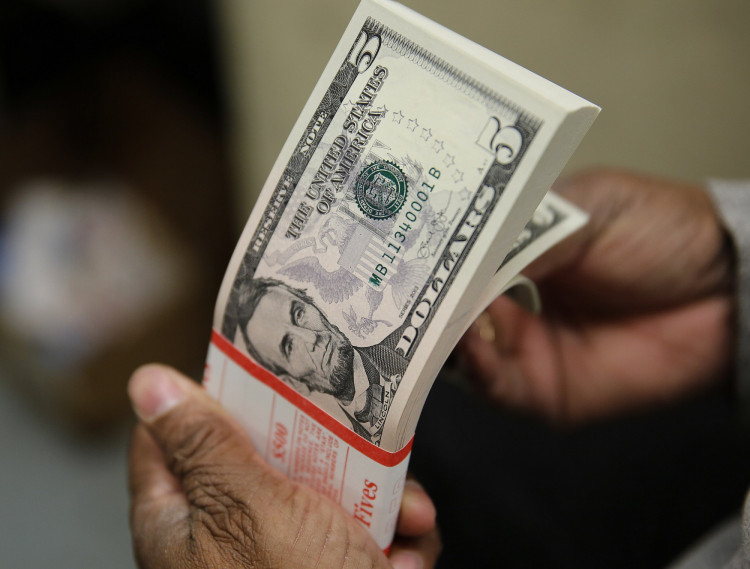Binance, the world's largest cryptocurrency exchange, is grappling with significant challenges following the resignation of its founder and CEO, Changpeng Zhao. This development comes in the wake of Zhao pleading guilty in a legal settlement with the U.S. Department of Justice, resulting in a massive $4.3 billion fine levied against the company. The plea agreement marks the conclusion of a protracted investigation into the crypto exchange's operations and compliance.
Following the announcement, Binance experienced an exodus of funds, with users withdrawing over $1 billion within 24 hours, excluding Bitcoin, according to blockchain analysis firm Nansen. This substantial outflow mirrors similar events when the exchange and Zhao faced charges from the SEC. Concurrently, liquidity saw a sharp 25% drop as market makers scaled back their positions, data from Kaiko revealed.
Despite these outflows, Binance's vast reserves, amounting to more than $65 billion according to Nansen, suggest the company is well-capitalized to handle such withdrawals. However, the situation remains fluid as the cryptocurrency community reacts to these unfolding events. Grzegorz Drozdz of Conotoxia Ltd. noted that while most assets showed resilience, Binance's native token, BNB, suffered a decline exceeding 8%.
Zhao's departure marks a critical juncture for Binance, which he founded in 2017. The platform rapidly ascended to prominence in the crypto world, processing billions in trading volume annually. Richard Teng, previously the global head of regional markets at Binance, will succeed Zhao as CEO. Teng's background includes roles at the Monetary Authority of Singapore and as a financial services regulator in Abu Dhabi.
The charges against Zhao and Binance included violating the Bank Secrecy Act by not implementing effective anti-money laundering programs and deliberately breaching U.S. economic sanctions for profit. The agreement necessitates Binance to forfeit $2.5 billion and pay a $1.8 billion fine. U.S. Attorney General Merrick Garland emphasized the severity of the penalties, underscoring the government's stance against using new technology for unlawful activities.
Zhao's personal recognizance bond of $175 million, secured by $15 million in cash, allows him temporary freedom until his sentencing hearing on February 23. The settlement also stipulates that Binance must enhance its compliance program to align with U.S. anti-money laundering standards and appoint an independent compliance monitor.
This situation has piqued the interest of Binance's rivals, like Coinbase and Kraken, as they navigate their own legal challenges. While the future of Binance remains uncertain, experts believe the company's willingness to cooperate with the DOJ and its substantial asset reserves may help it weather this storm. The unfolding saga of Binance and its former CEO continues to reverberate through the cryptocurrency world, highlighting the complex interplay of innovation, regulation, and legal compliance in this rapidly evolving sector.






